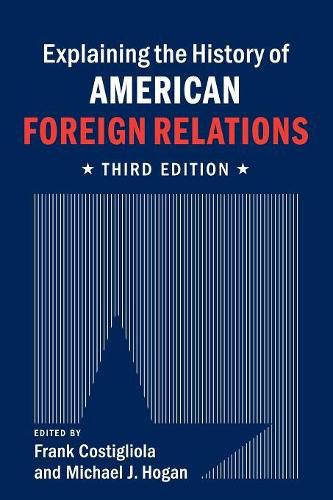A longtime classic in its first and second editions, Explaining the History of American Foreign Relations, 3rd edition presents substantially revised and new essays on traditional themes such as national security, corporatism, borderlands history, and international relations theory. The book also highlights such innovative conceptual approaches and analytical methods as computational analysis, symbolic borders, modernization and technopolitics, nationalism, non-state actors, domestic politics, exceptionalism, legal history, nation branding, gender, race, political economy, memory, psychology, emotions, and the senses. Each chapter is written by a highly respected scholar in the field, many of whom have risen to prominence since the second edition’s publication. This collection is an indispensable volume for teachers and students in foreign relations history, international relations history, and political science. The essays are written in accessible, jargon-free prose, thus also making the book appropriate for general readers seeking an introduction to history and political science.





